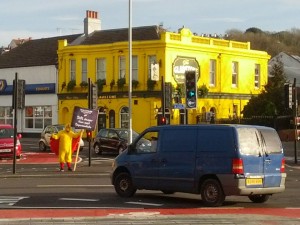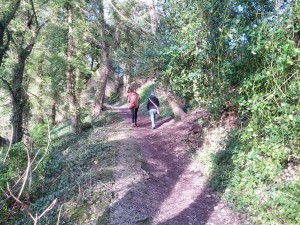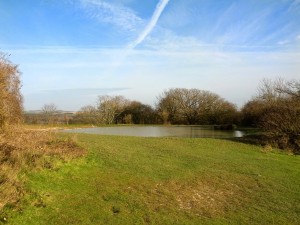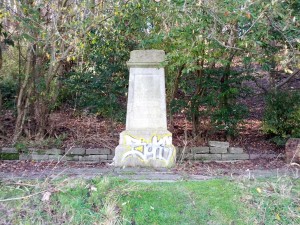In their book ‘The Rebel Sell’, Joseph Heath and Andrew Potter brutally attack the idea of a counter-culture, questioning ideas such as repressive tolerance and consciousness raising. They claim that that democratic action produces change, not rebellion for the sake of it. Capitalism involves a form of competitive consumption, with the goods and services distinguishing consumers from each other. It’s not about the number of things we have, it’s about how much better they are than what other people have. There is an arms race as we try to outdo those around us. The counter-culture has become a means by which capitalism extends and re-invigorates itself.
Their chapter on travel is fascinating, beginning with a sharp dig at Alanis Morisette’s lyric “Thank you, India”. They show how the counter-culture has long been fascinated by other cultures, seeing them as purer and freer, outside of the ‘oppression’ of the west. One example of this is Ginsberg’s quest for self-discovery in India and his awkward encounters with local people.
(The Sikh journalist Khushwant Singh encountered a group of hippies in the 1960s who said they had come to India because they were fed up with Western materialism. Singh apparently told them that Indians were fed up with poverty and would welcome some more materialism)
Many travellers are hunting for authenticity, aiming to escape the alienation of daily life to reach something real: travel far enough, beyond the reach of the Lonely Planet, and you can escape the pains of the modern world. Other travellers limit this, shattering this authenticity. “When it comes to exotic travel, hell is other Westerners”. This leads to the idea of the film and novel The Beach, where travellers end up fleeing urban Thailand for a ‘paradise’ without even any locals, where they can be free and independent.
In much of their book, Potter and Heath offer no solutions, but they are more optimistic about travel. There is a way to see the world without being trapped by inauthentic traveller environments; a way to be welcomed by the locals. “In the end, it may be that the only ‘authentic’ form of travel is business travel. Everyone else is just a tourist.”





